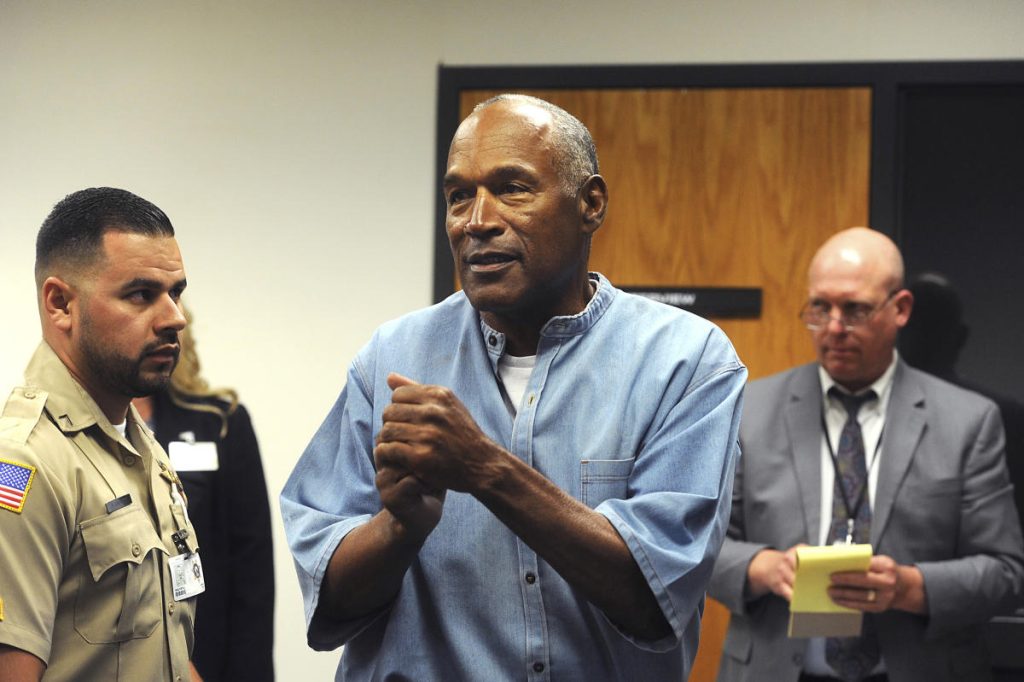O.J. Simpson’s executor, Malcolm LaVergne, has stated that he will work to prevent a payout of the $33.5 million judgment awarded by a California civil jury nearly three decades ago in a wrongful death lawsuit filed by the families of Simpson’s ex-wife Nicole Brown Simpson and her friend Ron Goldman. Simpson’s will, filed in a Clark County court in Nevada, named LaVergne as the executor and showed that his property was placed in a trust created this year. The full extent of Simpson’s estate has not been calculated, but under Nevada law, a probate process is required if assets exceed $20,000.
Simpson, who died without paying the majority of the civil judgment awarded in 1997, could potentially have his assets used to payout the families of the victims. LaVergne specifically stated that he does not want the Goldman family to receive any money from the estate, expressing his hope that they receive nothing. He also mentioned his particular disdain for the Goldman family in relation to Simpson’s planned book “If I Did It”, which the family won control of and titled “If I Did It: Confessions of the Killer”.
The Brown and Goldman families have been seeking payment of the civil judgment for years, with Simpson’s estate going through the court probate process following his death. The attorney for Simpson mentioned that there was never a court order mandating him to pay the judgment, adding to the complexity of the situation. Despite the financial implications, Fred Goldman, the lead plaintiff, has always maintained that the issue was about holding Simpson accountable. With Simpson’s death, the hope for true accountability from him has ended, according to a statement made by Fred Goldman.
As Simpson’s estate is settled under terms established by the trust created in January, the Goldman and Brown families will have claims as creditors, possibly stronger than others. The will lists Simpson’s four children as beneficiaries, with a provision stating that any beneficiary who challenges the will shall only receive one dollar in lieu of any claimed interest in the will or its assets. Simpson had mentioned that he lived on his NFL and private pensions, with valuable possessions being seized to pay the civil judgment, including his Heisman Trophy, which was sold at auction for $230,000.
Overall, the legacy of O.J. Simpson has been permanently altered by the 1994 murders of his ex-wife and her friend. Despite being acquitted of criminal charges in a highly publicized trial in 1995, the civil judgment against him has remained a focal point for the families of the victims seeking accountability. With his death, the legal process will continue to unfold in probate court as his estate is settled, possibly resulting in payments to the Goldman and Brown families, who will be treated equally or potentially have a stronger claim as creditors.


